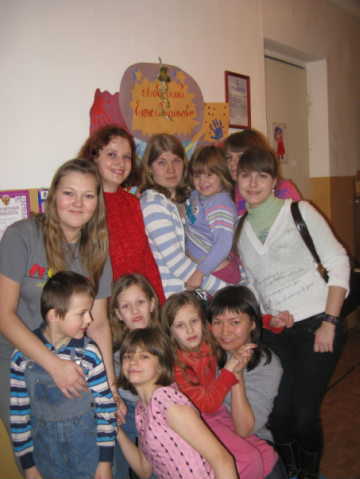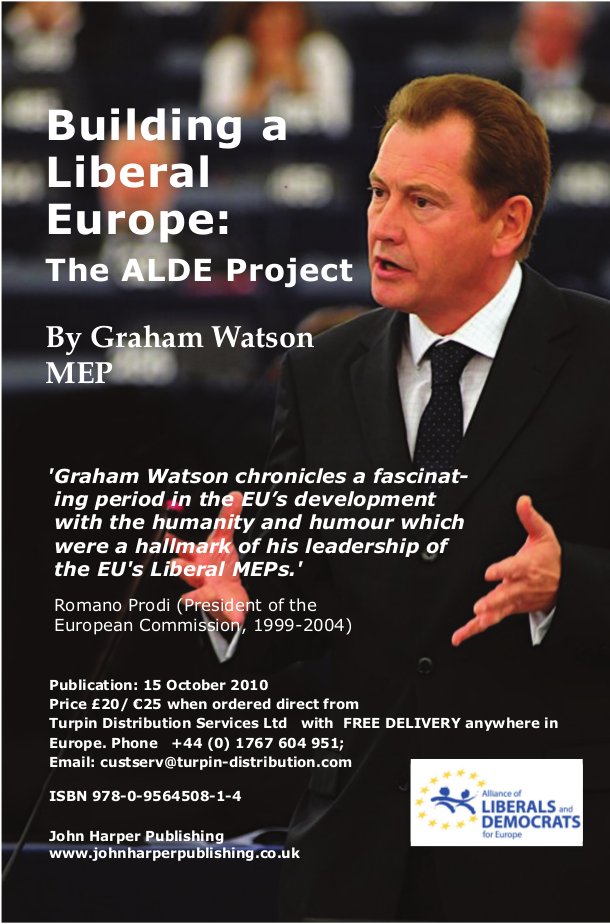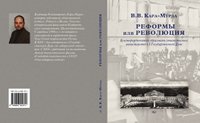Andrei Babushkin: One night and 1001 Arabs or on the events in Cologne
 Blog-post by Andrei Babushkin in the Live Journal, 11.01.2016
Blog-post by Andrei Babushkin in the Live Journal, 11.01.2016
In 2015 the authorities of Germany accepted about a million refuges and together with Sweden and Austria faced the main burden of the wave of migration hitting Europe.
On the night of 1 January, about a thousand young men of Arab and North African appearance aged from 18 to 35 attacked women by the railway station of Cologne, sexually abused them and snatched out handbags and jewelry. On 1 January, 90 women turned to police reporting robberies and sexual assaults, and one rape case (according to the other sources, 379 cases were filed).
Similar attacks took place in Hamburg and Stuttgart, however, these assaults were of a lesser scale: there were fewer attackers and victims.
What was that Germany had to face: a drunk trick of spoiled migrants or a well-planned provocation?
One of the indicators of the world criminal statistics speaks in favour of the fact that junked up and drunk migrants decided to punish hospitable Germans for their hospitality: large metropolises always demonstrate a higher crime rate committed by migrants than the average in the country.
However, that’s where the arguments in favour of the spontaneous character of the actions by the bad guys from the Arabic East end.
All the rest gives evidence on the planned character of the action. First, the nature of the attacks – either sexual violence or theft of property – shows that the attackers acted in accordance with strict instructions: not to kill, not to break arms and legs, not to set cars on fire, not to smash shop windows, only sexually assaulting women or encroaching on their property.
Second, the age characteristics [of the attackers]: there were virtually no people over 35 absent among the attackers, which shows that there were age filters cutting off people who would be hard to manipulate with due to their life experience.
Third, simultaneous actions of the attackers in three large German cities (but not at all leading by the number of migrants who have found shelter there) indicate that we are dealing with an action targeted at influencing the public opinion, rather than ungrateful migrants’ natural reaction to German wealth. Fourth, localisation of the attack scenes is important. Is it possible that the spoiled youth out of a million of migrants was having good time only in three places, and these places turned out to be exactly the places with a large number of women and tourists? Of course, most incredible coincidences take place in real life. But not of that kind.
One can give the fifth, sixth or seventh reasons, but I will confine myself to one argument: my experience of studying three dozen conflicts with an ethnic factor shows that there were no conflicts involving at least 20 people that developed simultaneously without any planning. All the conflicts which involved over 20 aggressive villains were planned and, as a rule, were very carefully planned. Why? Simply because when the number of participants on one side exceeded 20 people, there always emerged positively minded leaders among them who prevented the conflict, any abuse or knifing. In the situation with Cologne there were reports on the guys of North African appearance who tried stop their follow tribesmen.
What punishment is in store for those responsible for the crimes committed in Cologne, Stuttgart and Hamburg? Nothing much:
Article 249 of the Criminal Code of Germany (violence endangering human life or health when seizing movable property) envisages at least one year of imprisonment and in less grave cases – from six months up to five years.
Article 177 of the Criminal Code of Germany (coercion to sexual acts by force or threats of imminent danger to life and health) envisages imprisonment for at least one year, and at least two years for graver cases. Further I will write about my conclusions which I am exactly sure of, but they are on the surface.
The German police is one of the best in Europe, and 265,000 people work there. Its credibility rating among the population was 74 percent in 2010. In Moscow during spontaneous brawls police officers arrest about 30 or 40 percent of the participants, and later, guided by video records, arrest the rest, it is hard to believe that the German police worked worse.
Nevertheless, there were either none or three detainees in Cologne and the police turned out not to be ready for the situation. For some reason it reminds me of the situation of 4 September 2004 in Beslan [when a school full of schoolchildren was taken hostages]: a bus with armed militants passed through a dozen of checkpoints like a knife through the butter.
It is hard to imagine that the police, guardians and ordinary citizens (and in Germany there are true citizens, rather than simply people with passports in their pockets) failed to notice that a thousand of young and drunk Arabs turned into an aggressive mood, and headed to the railway station.
And I want to give a piece of advice to Angela Merkel: if you want to find the guilty, study the connections and views of those police chiefs who took the decisions on that fateful day. Certainly, there is a possibility that only morons were on duty in these three large cities on New Year’s Eve, but it is hard to believe it. If they were not morons, why did not a rapid response group arrive at the place immediately after the first complaint? The solution of “The Cologne mystery” is important not only for Germany, but for all the countries affected by migration.
We need it so that at least to tear the mask of “an evil migrant threatening the European prosperity” from the cunning provokers. And finally, I definitely will not be surprised to learn that the elusive Cologne provokers and ISIL graze from a single source.
Posted: January 13th, 2016 under Human Rights.









